Construction of parking lots still in slow lane
By Cao Yin and Zhang Yuchen in Beijing, and Wang Ying in Shanghai ( China Daily ) Updated: 2013-08-16 07:43:12
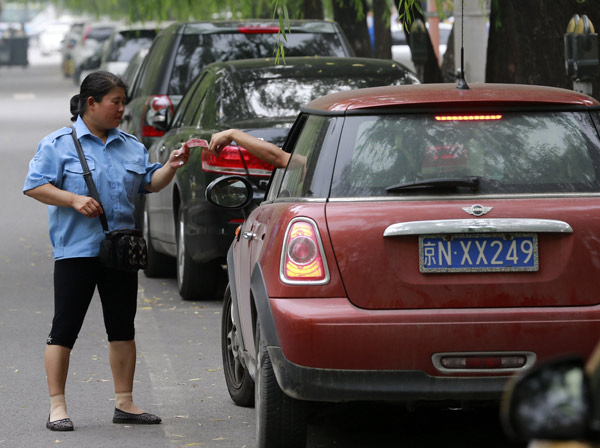 |
|
A warden collects a parking fee from a driver in Beijing. Feng Yongbin / China Daily |
Confusion reigns
A development plan for Beijing will see the establishment of 280,000 more parking spaces of all kinds in a bid to alleviate the difficulties faced by drivers, said the report.
Tang Di, a supervisor of parking lot services in the city's Haidian district, said the number of spaces in the city is far from sufficient and urged the government to clearly identify the areas where parking is allowed to avoid confusion.
|
 |
"The establishment of new parking areas is a slow process and doesn't satisfy demand. In addition, many drivers have no idea which areas are legal parking lots because some of the street signs are difficult to see," said Tang, who noted that the situation provides opportunities for illegal charging and disrupts the use of parking lots.
A list of the location of legal parking lots and the fees is available on the website of the Beijing Municipal Commission of Transport. In theory, drivers simply have to enter the name or area code of the place they plan to visit to discover the location of lots and the local fees.
In reality, very few drivers take advantage of the site, according to Tang.
"After all, most people don't search for parking lots before they set off," he said.
In recent years, so-called multi-layered parking lots, where cars are stacked by hydraulic lift, have been used in many old communities, including the hutong, the narrow alleys that crisscross Beijing, and lanes, "but the maintenance fees are too high," said Tang, adding that the fees are the main reason the technology has failed to develop as expected.
Wang Yan, an officer responsible for the management of wardens employed by Jinganda Parking Co, echoed Tang's comments, saying that the poorly labeled parking sites also confuse her employees.
"We provide regular training and tests for the wardens and ask them to wear their uniforms and display their ID cards, but we can't ensure that every one of them abides by the regulations and charges drivers the correct amount," said Wang, whose company employs more than 30 wardens.
"We can't supervise them (the wardens) all day, every day, so we can't exclude the possibility of people asking for extra parking fees in unregulated areas, where the municipal commission doesn't make it clear if parking is allowed," she explained.
Shi Xiangqian, a warden responsible for spaces on Huixin Dongjie in Beijing's Chaoyang district, admitted that he doesn't know the standard fee for the area and said that he sometimes reduces the charge for drivers he meets regularly, while upping the rate for newcomers.
"If drivers park their car for the entire day, I charge 15 yuan or 20 yuan, but sometimes I give up charging after 8 pm because I don't have time to wait around for drivers to return to their cars," said Shi, who earns 3,000 yuan a month.
Wang Bing works on a stretch of road roughly 100 meters from Shi's. He charges drivers 9 yuan per hour, but said he is powerless to act if they refuse to pay.
"Sometimes we've even had disputes with car owners who claimed that we have damaged their cars and used that as an excuse not to pay," he said.
|
|
|
|
|
|
|
|
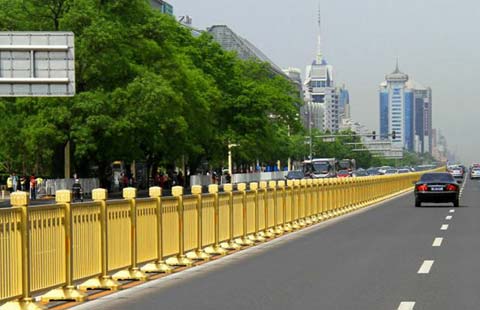
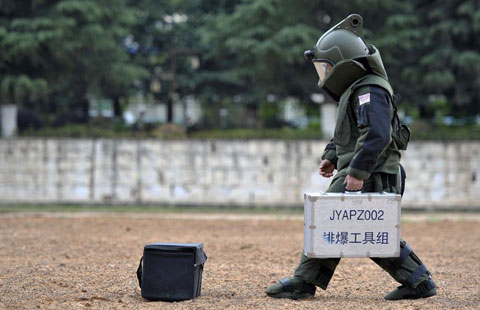

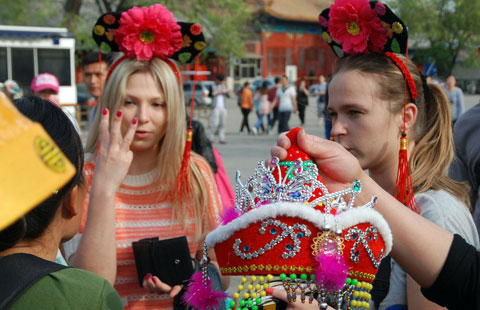


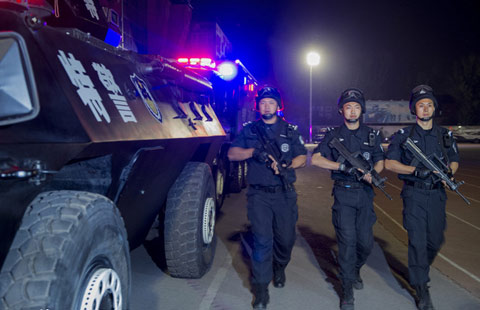


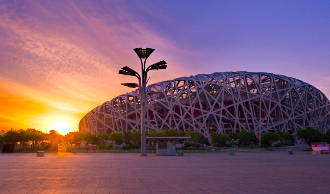
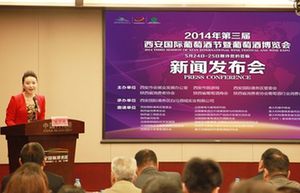







 Op Rana
Op Rana Berlin Fang
Berlin Fang Zhu Yuan
Zhu Yuan Huang Xiangyang
Huang Xiangyang Chen Weihua
Chen Weihua Liu Shinan
Liu Shinan